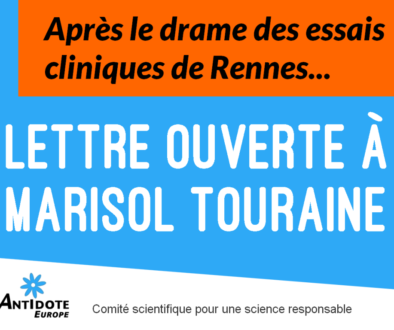Is REACH a pointless animal massacre?
The EU chemicals testing program REACH is a well-intentioned but scientifically flawed attempt to protect human health and the environment, both of which continue to be at risk from the effects of toxic chemicals.
The EU chemicals testing program REACH (registration, evaluation, authorisation and restriction of chemicals) is a well-intentioned but scientifically flawed attempt to protect human health and the environment from the effects of toxic chemicals. This is the conclusion reached in a report published this week in the peer-reviewed journalMedicolegal and Bioethics  .
.
The report suggests that:
- EU health authorities are out of step with modern toxicology
- Current animal test requirements are invalid for predicting human response
- REACH will result in a pointless animal massacre
- Public health and the environment will continue to be at risk from the effects of toxic chemicals.
Principal author of the report Andre Menache states:
“Although REACH does put the burden of proof on manufacturers to demonstrate the safety of their products, it then “scores an own goal†by obliging manufacturers to conform to invalid test methods to predict human health outcomes.”
He adds: “The fact that EU citizens have not been given the opportunity to grant or deny their consent before being exposed to the toxic burden that now contaminates us all has legal as well as public health implications. The presence of nearly 300 industrial chemicals in umbilical cord blood of newborn babies is testimony to a failed strategy of pollution control, when EU health authorities should be focusing their efforts on pollution prevention.”
The report calls for the following measures to be implemented without delay:
- Significantly increase the biomonitoring of EU citizens and make the results publicly available
- Toxic risk assessment of chemicals based on modern toxicology, not animal tests; and to be conducted in an independent and transparent manner
- Prioritisation for a ban and avoidance of harmful chemicals found in adult and umbilical cord blood and urine samples
- Public policy based on pollution prevention, rather than pollution control.
CONTACT
André Ménache
Mob: (0790) 644-6889


